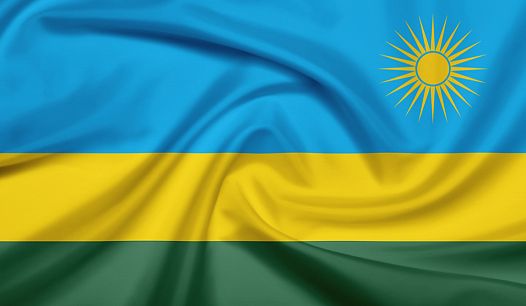By Victoria Ojeme
The Rwanda High Commission in Nigeria has organised an event to mark the independent anniversary of the East African nation and the end to genocide.
Although it is Rwanda’s Independence Day and a public holiday, no national celebrations are being held to mark the occasion.
Instead, the Rwandan government rolls event together with Liberation Day — or Kwibohora, as it is known locally — three days later.
Liberation Day commemorates the victory of the Rwandan Patriotic Front (RPF) led by President Paul Kagame over the former dictatorship of Juvenal Habyarimana and the Rwandan Armed Forces in the Rwandan Civil War.
The RPF victory ultimately ended the 1994 genocide committed against the Tutsi, in which Hutu extremists killed an estimated 800,000 Tutsi and moderate Hutu in 100 days. As a result, more than 2 million Rwandans fled the country.
According to Ambassador Stanislas Kamanzi, Rwanda High Commissioner to Nigeria, Rwanda recovered its independence on July 1, 1962, but the recovery did not translate into national harmony and cohesion, as all post-independence governments chose to found their rule on ethnicity, divisiveness, and exclusion.
“Their choice inspired from the colonial master, crystalised in a genocide ideology that built up to the planning and the perpetration of the Genocide Against the Tutsi in 1994.”
“Till then, for over three decades, the dividends from Independence were, for the People of Rwanda, a mere mirage.
“Against that backdrop, Liberation Day, that marks the end of the Genocide and the defeat of the Government that executed it on July 4, 1994, is a major and defining milestone in the post-independence history of Rwanda.
“The struggle for Liberation was undertaken with a strong motivation and urge to institutionalize the rule of law within a truly inclusive Nation. Along the process of stirring up that fundamental change, the Liberation Forces of the Rwanda Patriotic Front stopped the genocide and restored security and stability, which paved the way to national reconciliation and Nation rebuilding.
“Rwanda Liberation on July 4, 1994, represents the springboard of the renaissance of Rwanda. A new paradigm was conceived around three major and single-handed choices, which H.E President Paul Kagame pointed out in his April 7, 2014 speech – “We chose to stay together, We chose to be accountable to one another, and We chose to think big,” the Ambassador said.
“Based on those foundational choices, during the past 28 years, Rwanda decisively embarked on structural socio-economic and political reforms, which have been guiding the transformational process underway.
“Forging and infusing the unity of purpose consolidated the sense of collective affiliation to the Nation and of dedication to its development.
“Rwanda made it possible for every citizen to be subscribed to medical care insurance, with the poorest fully catered for by the Government. Rwanda has achieved universal primary and secondary education. In this connection, attention was paid to ensuring girl children are not left behind, in line with our gender inclusion hallmark.
“In a bid to widen cooperation and spur tourism, trade and investment, Rwanda has opened up her shores to the rest of the World by waiving entry visas to visitors from all over Africa, the Commonwealth, and la Francophonie Nations. The move complements the ease of doing business strides that made our Country rank among the most progressive globally.
“In the area of international relations, Rwanda remains strongly committed to equitable multilateralism principles, consecrating national sovereignty, peace and security at regional and international levels, as well as active international solidarity and social justice, especially in situations of challenging crisis such as the COVID-19 pandemic surge that the World has been faced with over the past two years or so.
“Rwanda is pleased and humbled to have had the opportunity to host last month the Commonwealth Heads of Government Meeting in Kigali, which rallied leaders representing countries that make the wide family of our organization.
“Rwanda is honored to have assumed the Chair-in-Office for the next two years and will endeavor to steer the dialogue on sustainable solutions to the commonly identified global challenges,” he added.

